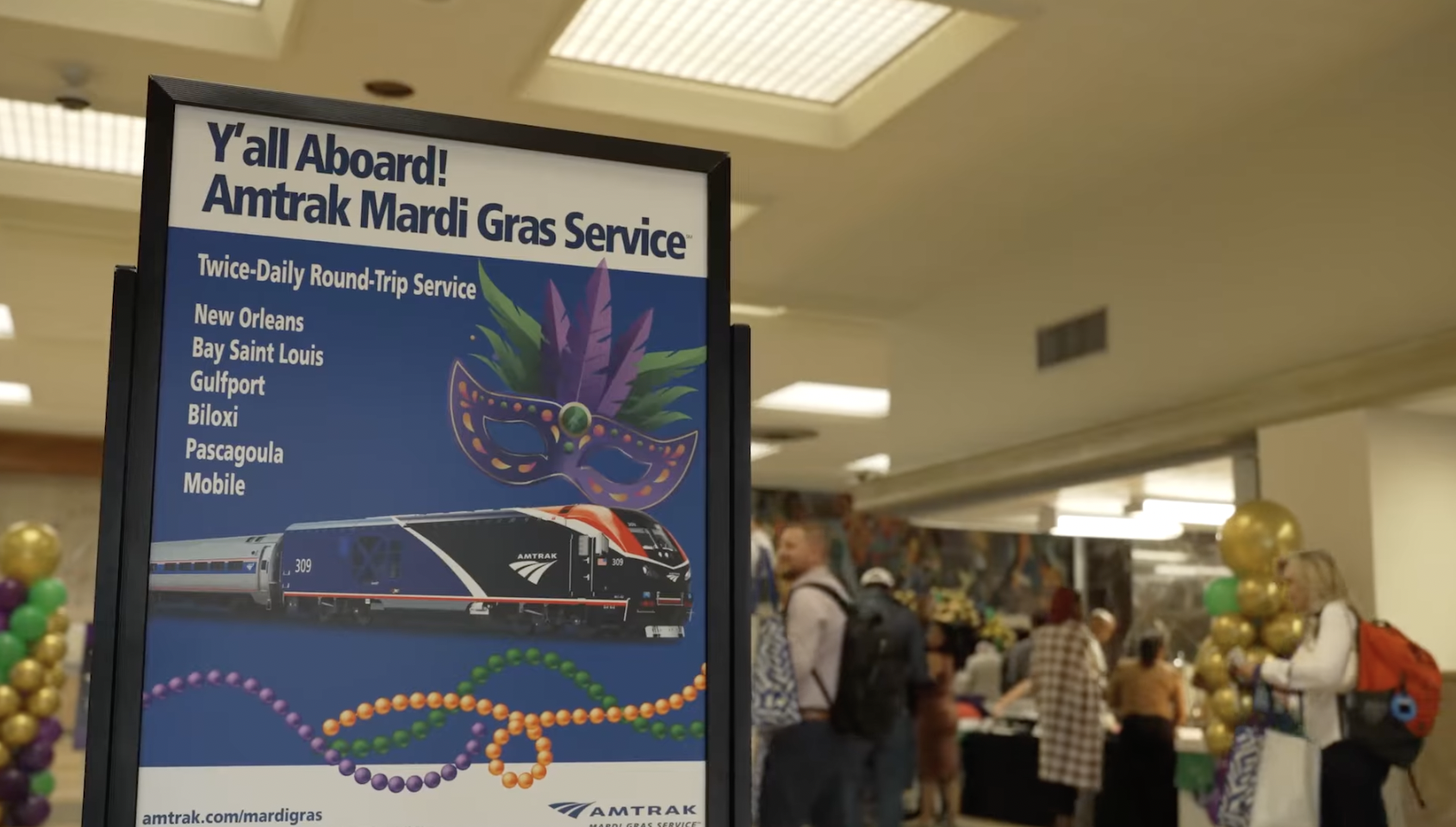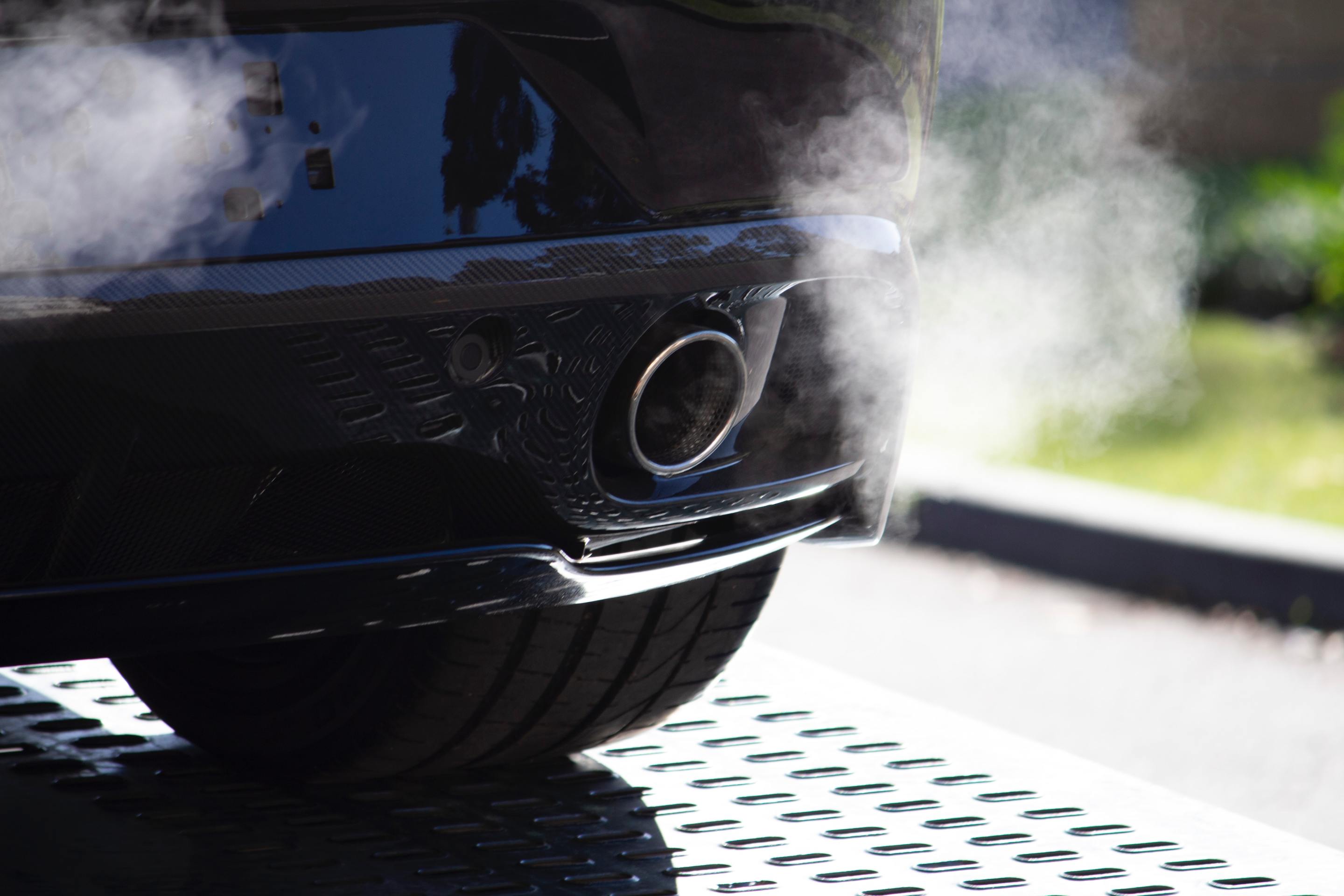
For a long time now, New Jersey politicians -- first and foremost Governor Chris Christie -- have been playing a high stakes game of chicken with transportation funds, doing practically anything to avoid raising the gas tax. Only one other state in the nation has a lower fuel tax than New Jersey. Thanks to inflation, drivers pay less and less for the roads, but transit riders are paying as much as they ever have following a fare hike last year.
Necessity may finally prompt a change of course. The state's Transportation Trust Fund is set to run dry in about three weeks. Joseph Cutrufo at the Tri-State Transportation Campaign's Mobilizing the Region blog reports that there's some momentum in the state legislature to finally raise the gas tax:
The New Jersey Senate, led by Senators Paul Sarlo and Steve Oroho, announced bipartisan agreement on a $20 billion, 10-year plan with some more details.
The Sarlo-Oroho plan calls for a 7% Petroleum Products Gross Receipts Tax, a 10-cent-per-gallon PPGRT tax on motor fuel, and a 3-cent-per-gallon PPGRT diesel surcharge, all imposed at the wholesale level. If oil companies passed the full cost of the PPGRT tax on to motorists, the gas tax increase would be 23 cents a gallon. Added to New Jersey’s current 14.5-cent tax on motor fuels, New Jersey’s 37.5-cent per gallon would still be lower than both New York’s 42.4-cent motor fuel tax and Pennsylvania’s 50-cent tax.
The Senate proposal also includes a pilot vehicle miles traveled (VMT) tax, not unlike Oregon’s OReGO program, on electric, hydrogen-powered and “other non-gas powered vehicles,” which would go into effect one year after passage. Revenue from the VMT tax would be dedicated to emission-reducing projects included in the TTF, such as transit and other “congestion reduction initiatives” (here’s hoping highway widening projects aren’t included under that category).
So what about Governor Christie’s requirement that “tax fairness” be a part of the equation? The Senate’s plan includes phasing out the estate tax by the end of 2019, increasing exemptions for retirement income, and establishing an income tax deduction for drivers whose gas taxes paid exceeds 1 percent of their income.
Elsewhere on the Network today: Plan Charlotte reviews the fight over efforts to limit sprawl south of Charlotte. And The Urbanist offers some suggestions about how Seattle should measure its Vision Zero progress.





